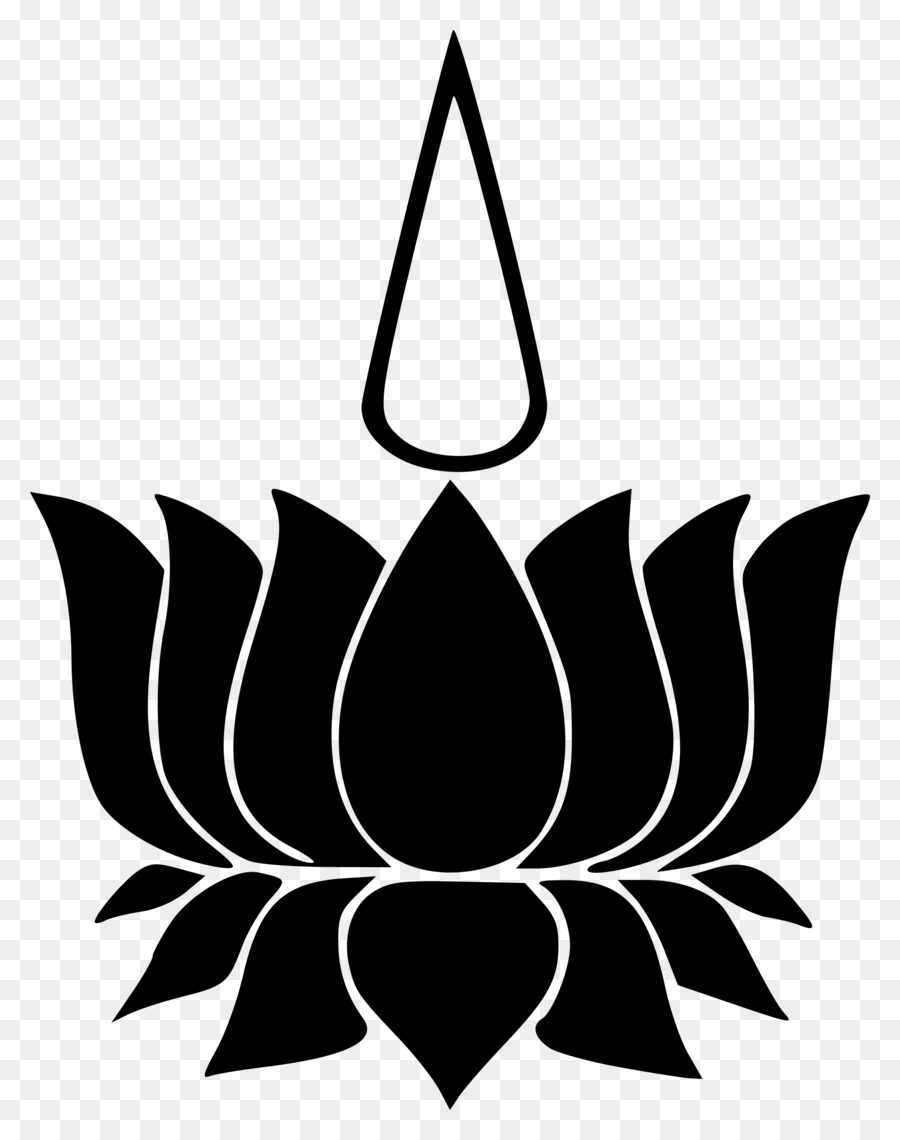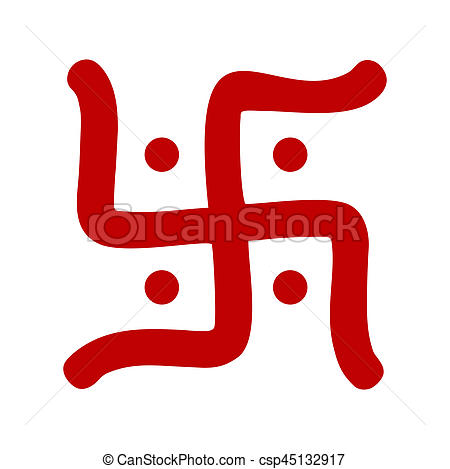Religions Around the World
6. Polytheist religions
6.1. Hinduism
Hinduism is the ancient religion of India and Indus Valley River. It is not a single unified religion and has no founder, single teacher, nor prophets. Hindus believe in a universal soul or god known as Brahman who is worshipped in many diverse forms. These forms include complementary attributes of male and female deities, in human as well as animal forms. Hindu sects may have their own divinities whom they worship but these are simply different ways of approaching god. Brahman is often represented in a threefold form: Brahma as the creator of the universe, Vishnu its preserver and Shiva its destroyer. Hindus believe that the soul is immortal and on the death of the body it transmigrates to a new life on earth. Whether this life is better or worse than the previous one depends on the amount of good or evil done in the previous life. This is the law of Karma. A series of good lives will break this cycle, leading to the ultimate absorption of the soul into Brahman. Bhagavad Gita is one of the many holy books of Hindus. It teaches that salvation comes through devotion and good deeds. The temple or Mandir is the spiritual and community center for Hindus. Each family will have a small shrine in their own home for daily worship. The Hindu population globally is about 15%.


